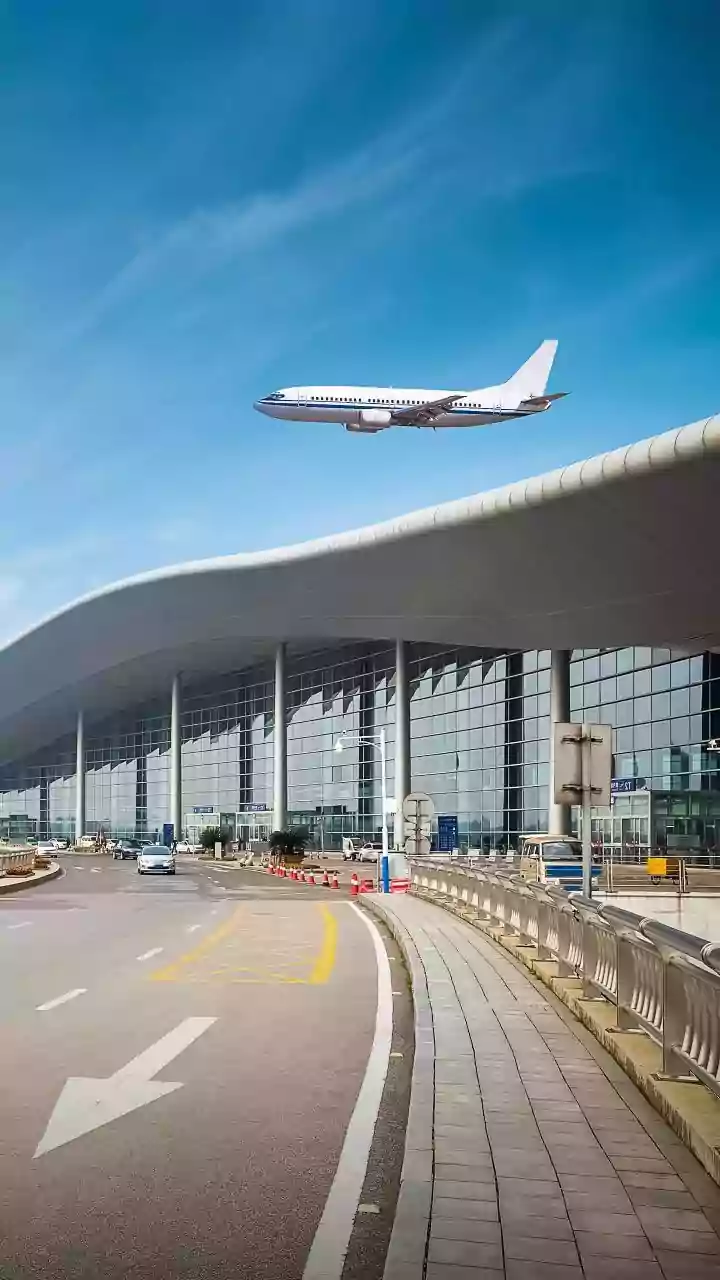Five Safe Havens
In a world constantly grappling with uncertainties, the concept of safety becomes increasingly vital. Every year, various surveys and indices evaluate
countries based on a range of safety metrics. These include crime rates, political stability, healthcare quality, and even environmental risks. This detailed analysis examines five countries consistently recognized for their exemplary safety records, offering an in-depth perspective on what sets them apart. First on the list is Switzerland. Known for its breathtaking mountain landscapes and precision craftsmanship, Switzerland is also recognized for its unwavering political stability and extremely low crime rates. Its commitment to neutrality and robust governance contribute to an environment where both residents and visitors feel secure. Next, Iceland is a beacon of safety. With a population of roughly 370,000, Iceland boasts some of the lowest crime rates globally, largely due to its strong sense of community and high levels of trust within society. Its stunning natural beauty, from glaciers to volcanoes, offers a tranquil backdrop for a safe and secure life. Following Iceland, Finland is praised for its exceptional quality of life, which supports a high sense of safety. The country places a strong emphasis on social welfare, education, and technological advancement. Finland's commitment to equality and robust social programs create a secure, predictable environment for its citizens. Then, Portugal is a notable inclusion, rapidly becoming a desirable destination for expats. Its friendly culture, combined with relatively low crime rates and a stable political climate, draws people from around the world. The country's efforts to strengthen community policing and its welcoming atmosphere contribute to its appeal as a safe haven. Concluding the list, New Zealand, with its stunning landscapes, offers an appealing environment for safety. The country is characterized by a strong respect for the law, low levels of corruption, and a resilient social structure. New Zealand's geographical isolation and proactive approach to security contribute to its enduring status as a secure and peaceful destination.
Factors Behind Safety
Understanding the factors that make these countries safe involves going beyond basic statistics. These nations share several common elements. Strong governance is a key factor. Each country benefits from reliable and transparent government structures that prioritize the well-being of their citizens. Robust legal systems, with effective law enforcement and judicial processes, are instrumental in maintaining order and resolving disputes fairly. Social cohesion is another crucial aspect. In safe countries, communities have high levels of social trust and collaboration. Citizens have a sense of belonging and shared responsibility. This can translate into decreased crime rates and greater community engagement. Economic stability plays a huge role. Countries with stable economies tend to have lower crime rates. Economic prosperity provides the means for individuals to live comfortably and contributes to overall social well-being. Another factor is healthcare quality. Access to high-quality healthcare ensures that citizens feel secure knowing they have access to medical attention when needed. The provision of these services contributes to the overall sense of safety within a community. Finally, geographical factors contribute. New Zealand's geographical isolation, for instance, means it is naturally protected from many threats. Other countries on the list similarly benefit from natural barriers and geographical advantages. These advantages can affect how a country responds to external threats, further contributing to feelings of security.
Why Safety Matters
Choosing to reside or travel in a safe country goes beyond the desire for personal safety. Safe environments lead to increased psychological well-being. Individuals living in secure communities experience less stress and anxiety. This results in a higher quality of life. A safe environment also fosters a stronger sense of community. When people feel protected, they are more likely to invest in their communities. This leads to enhanced social interaction and cooperation. Economic benefits are another perk. Safe countries often attract foreign investment and tourism. A safe and stable environment is a prerequisite for economic growth. Moreover, safety creates a more predictable environment. This stability allows individuals and businesses to plan for the future with greater confidence. Educational prospects are also better. Safety enables focus on educational pursuits, supporting a higher quality of education for the younger generations. The safety of a country has profound implications for both personal and societal development. The countries highlighted have created environments that contribute to human flourishing.
Making Informed Choices
Choosing a country to live in or visit involves numerous considerations. These include personal preferences and practical realities. However, safety should be a major factor in the decision-making process. Begin by examining the sources. Research the safety rankings from various sources. Consider crime statistics, political stability, and other relevant indices. Get to know local perspectives by connecting with local communities. Social media, online forums, and international communities provide valuable insights from people who have firsthand experience in those locations. Check out local laws. Become aware of laws and regulations related to personal safety. This can include things like carrying permits for self-defense or knowing the specifics of local law enforcement. Research healthcare and emergency services. Understanding the availability and reliability of these services is essential. Always have a backup plan. No location is completely immune to risk, so it's good practice to have a backup strategy. By understanding and making informed decisions, individuals can make more informed decisions when choosing a safe and secure environment to reside in or travel to.






















